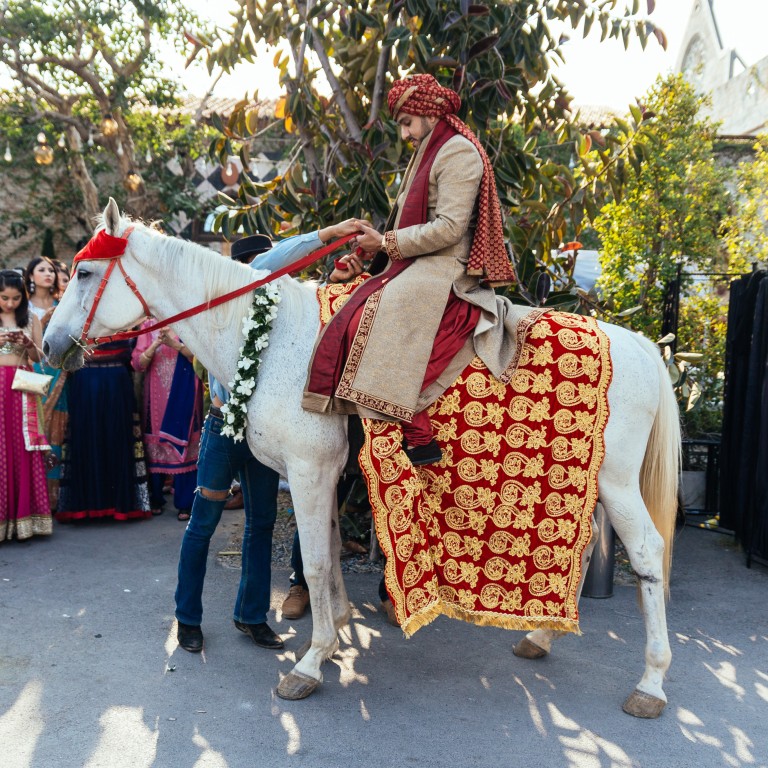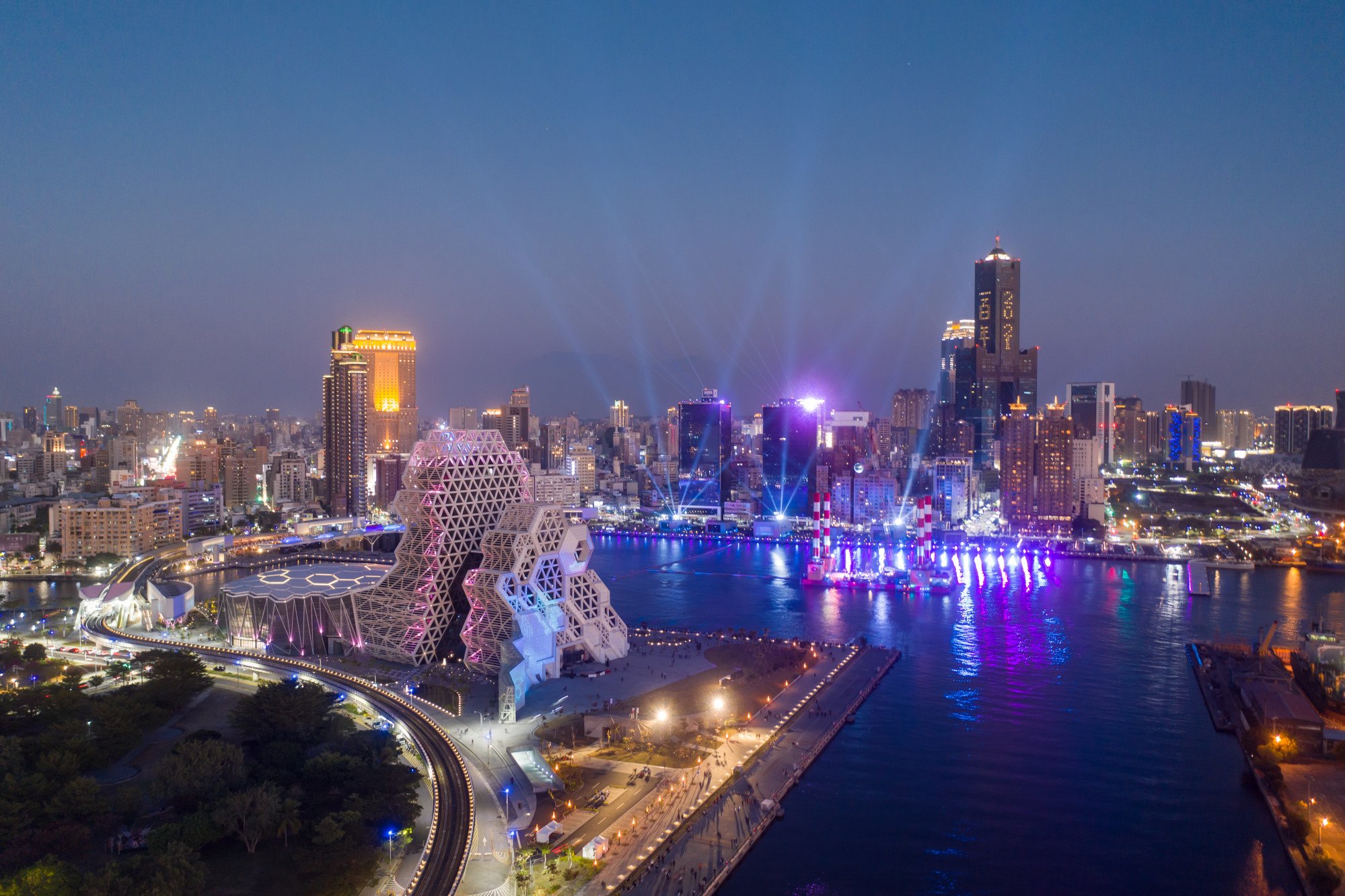
Indian weddings in Thailand help offset missing Chinese tourist dollars, and can be had for a relative bargain, too
- Thailand is keen to help Indian couples frustrated by years of Covid delays finally achieve wedded bliss, according to one tourism representative
- Venues on the eastern seaboard are already booked up for the coming season, with packages ranging from US$140,000 to US$700,000
As substitute markets go, the Indian wedding industry is not a bad one for tourism boards trying to put Covid-19 behind them – especially those with plenty of beaches to rely on.
With the Chinese still out of action, several recent newspaper reports have attempted to quantify the effects at newly reopened Asian destinations of the continued absence of the world’s top spenders, and work out to what extent Indian visitors are able to plug the gap.
The article focuses on Singapore, a city that, in 2019 – before Covid-19 turned the world on its head – received 3.6 million Chinese visitors and 1.4 million Indians. The latter are returning – 219,000 in the first half of 2022 – but the Chinese, not so much (17,000).
It might seem an obvious fix: just tempt in more Indians. And the Lion City’s “Enjoy Your Family Times Now in Singapore” campaign has India’s 1.3 billion-plus would-be punters in its crosshairs. But it’s not that simple.
“A key challenge is the spending capacity of these visitors,” a politically correct industry insider is quoted as saying in the Post article. Another chips in with, “Some of the lower echelons may not find Singapore attractive because of affordability.”
‘Experiential travel’: Indian tea tourism takes your tea love to a new level
Put bluntly: Indian travellers are not rich enough. The Chinese, by comparison, used to arrive with money to burn.
Another hurdle to packing Indians onto planes bound for Singapore – or elsewhere in Southeast Asia, for that matter – is the fact they can’t just jump onto a high-speed train, like their Chinese counterparts. So, for many, getting to an airport is an off-putting ordeal even before the rigmarole of any actual flight begins.
Furthermore, Dubai and the posher parts of Europe are identified as rivals competing with Singapore for the tourist rupee. Thailand could well have been highlighted in the report, too, at least for one target market.
China city residents go off-grid with wild camping weekends in outskirts
No one puts the money into matri-money quite like the Indians, whose weddings tend to be lavish affairs.
“People across the world dream of attending one, and people in the country go to extreme ends to have one,” gushes the Wedding Wishlist website. And those extreme ends often involve international travel, to romantic beach settings.
Thailand just happens to have romantic beach settings in … errr … spades. And Bangkok knows it.
Tourism Authority of Thailand deputy governor Siripakorn Cheawsamoot recently told Reuters that his country is most keen to help Indian couples frustrated by years of Covid delays finally achieve wedded bliss.
Airport plays ‘Totems of Joy’ at departure gates. How ironic
And the appeal is obvious: “Indian weddings in Thailand can cost 10 million to 30 million baht [US$273,000 to US$818,000], as they can last up to a week and include everything from event planning to catering, decoration and transportation,” writes Reuters.
Expensive, maybe, but not as expensive as those ceremonies would be if they were held in Goa or Rajasthan.
Destinations Known is reliably informed that Indian weddings are a seasonal phenomenon, knots being tied mainly between October and December, or January and March.
Microchip rhinos, photograph leopards in ‘citizen science’ African safaris
In that piece, Pattaya Exhibition and Convention Hall sales manager Nilesh Kosti, who specialises in Indian nuptials, says his planning group is already block booked for the upcoming season along Thailand’s eastern seaboard with two- or three-day ceremonies.
The cheapest package is US$140,000 and prices can reach as high as US$700,000 to accommodate up to 1,000 guests in need of regular meals, pool parties and transport.
The Chinese remain greatly missed but the brides and grooms of India are softening the blow.
Indigenous peoples’ museum gets the green light in Taiwan

Five years is a long time in today’s geopolitical world, but assuming conditions remain favourable, the upwardly mobile Taiwanese city of Kaohsiung can look forward to unveiling a new museum in 2027.
“The central government finally signed off” on the National Indigenous Peoples’ Museum, reports Taiwan News, adding: “It will be built on 14 hectares near the north bank of Chengcing Lake, in Niaosong District.”
Inside, the curators will introduce visitors to the lives of indigenous people and their culture, and attempt to revitalise local languages.
The NIPM (as perhaps no one is yet calling it) will be the newest of many museums in a city that is called home by citizens from all 16 of the island’s recognised indigenous communities.

